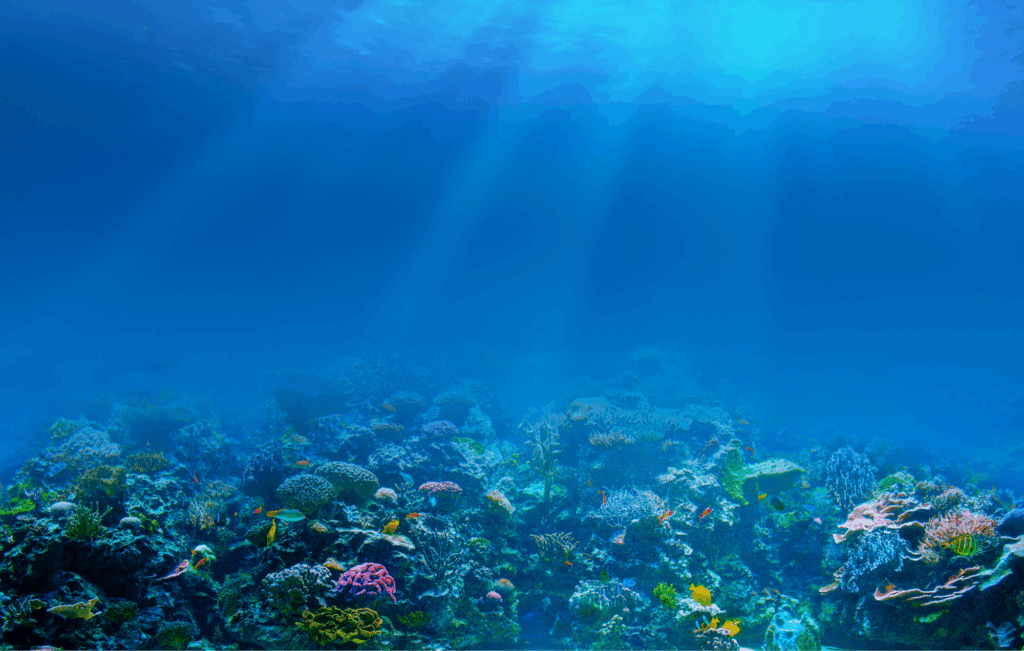The Big Picture: Understanding how human activities and climate change affect marine ecosystems is crucial for their future management and protection. This study focused on the Eastern Ionian Sea to predict how different climate and fishing scenarios might impact its ecosystem over the next 60 years.
The Study: Researchers created a computer model of the Eastern Ionian Sea ecosystem as it was in 1998-2000. They then used this model to simulate how the ecosystem might change under different climate change and fishing scenarios from 2021 to 2080. The scenarios included two levels of climate change and various fishing effort reductions.
The Discovery: The study found that high carbon emissions (RCP8.5 scenario) led to more intense ecosystem changes compared to moderate emissions (RCP4.5) after 2050. Under the worst-case scenario, multiple stressors began working together synergistically by 2080, causing more severe negative impacts on most species’ populations. The model predicted less abundant and diverse communities of bottom-dwelling fish, while top predators were particularly vulnerable to warming waters.
The Takeaway: There is a critical window of opportunity until 2050 to implement climate-adaptive fisheries management in the Mediterranean. Without action, the combined effects of climate change and fishing could lead to significant declines in marine resources, potentially threatening the sustainability of fish stocks and the overall health of the ecosystem.

